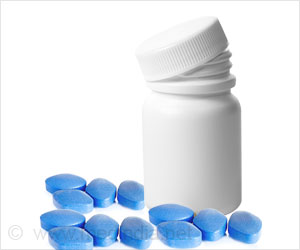Kids and adolescents who are increasingly non-adherent to medication regimens have more than a three-fold increase in costs compared to adherent patients.

‘Inflammatory bowel disease primarily includes ulcerative colitis and Crohn's disease. Both usually involve severe diarrhea, pain, fatigue and weight loss. IBD can be debilitating and sometimes leads to life-threatening complications.’





"This study has important ramifications for health care reform and how practitioners approach adherence assessment and intervention in routine care," says Kevin Hommel, PhD, director of the Center for Health Technology Research at Cincinnati Children's Hospital Medical Center and the study's lead author. "With sustained efforts to reduce nonadherence in chronic conditions, we may see concomitant reduction in health care costs." The study is published online in Inflammatory Bowel Diseases, the journal of the Crohn's & Colitis Foundation.
Dr. Hommel led a group of researchers in studying 99 patients between the ages of 2 and 21 with IBD, a chronic medical condition whose incidence rates are growing worldwide and has been considered an emerging global epidemic. The researchers collected data each month for two years on whether patients were taking their medicines, disease severity and health care costs.
After controlling for disease severity, the researchers not only found more than a three-fold increase in costs among those who increasingly do not take their medications as directed. They also found that patients who adhered to directions increasingly over time incurred approximately the same costs as those who consistently took their medications. This suggests that it's never too late to modify behavior to improve health and increase cost savings, says Dr. Hommel.
IBD is a chronic inflammation of the bowel that primarily includes ulcerative colitis and Crohn's disease. The annual national cost burden of pediatric IBD from hospitalizations alone is estimated at more than $150 million. Because hospitalizations make up about one-third of total costs of IBD, the total annual costs of pediatric IBD may exceed $450 million, according to Dr. Hommel.
Advertisement















